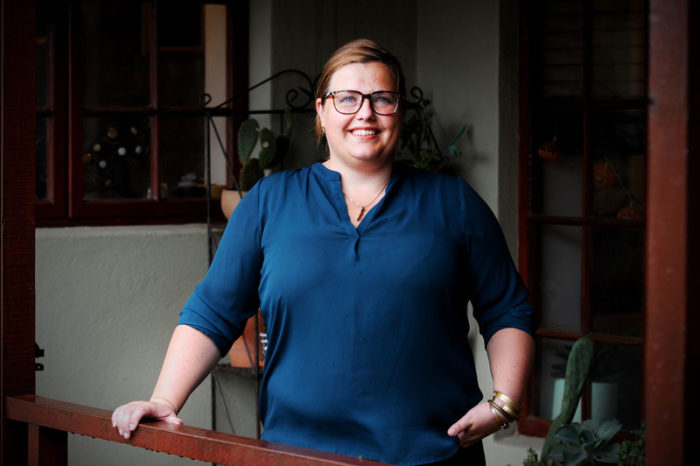A team led by researchers from the University of Cape Town and the University of Exter has won the Chair’s Prize at the prestigious Newton Prize Awards.
Their new research into using renewable energy in off-grid informal settlements in South Africa showed that 1.25 million households in informal settlements rely on burning paraffin to cook and provide light and warmth in their homes.
These methods of energy production are detrimental to the health and safety of the people living in these settlements. It also limits their economic and educational opportunities, with women and children being the most affected, according to a University of Cape Town statement.
The Prize is a £1-million (over R20 million) fund that was launched in 2014 and it recognises and rewards excellent research and innovation annually; it also encourages international collaboration to address some of the world’s gravest challenges. The Chair’s Prize category was introduced in 2020 and offers additional funding of up to £500 000 (R10-million).
Dr Jiska de Groot, a senior research fellow at UCT, and Dr Federico Caprotti, from the University of Exter (UK), jointly led the team that will use the £500 000 Chair’s Prize fund to provide workable solutions that address these issues.
“Our project is trying to solve the global challenge of access to affordable and clean energy for all. Energy is an enabler of development. The lack of energy doesn’t just create health impacts, but also huge inequalities and opportunities for people to develop,” explained De Groot.
The team developed a novel approach to electricity supply in off-grid areas — the solution involves using renewable energy in tandem with sustainable ‘pay-as-you-go’ business models. This is to overcome the challenges caused by the lack of access to energy and the challenges posed by policy, legal and jurisdictional barriers.
After identifying these off-grid settlements in Cape Town, the team collaborated with community representatives, non-governmental organisations, and UK energy organisations to tackle the challenges unique to each settlement.
The researchers developed a system that paired solar-powered mini-grids with app-based business models to provide energy for multiple uses.
The mini-grid was tested in Cape Town and it was able to produce electricity that is up to 40 percent cheaper than that from current suppliers.
“Safe and stable electricity through solar mini-grids can contribute in a significant way of providing adequate and safe housing,” said De Groot.
“This is because solar microgrid-delivered electricity enables the provision of safe lighting and safe electricity connections, which avoids the need to have illegal, unsafe electricity connections to the national grid.
“It also avoids the need to burn candles or other combustible materials for indoor lighting, reducing fire risk not just for the household but for the wider, usually densely populated informal settlements.”
The team will now look into providing electricity for refrigeration in off-grid communities.
Picture: Lerato Maduna/UCT

